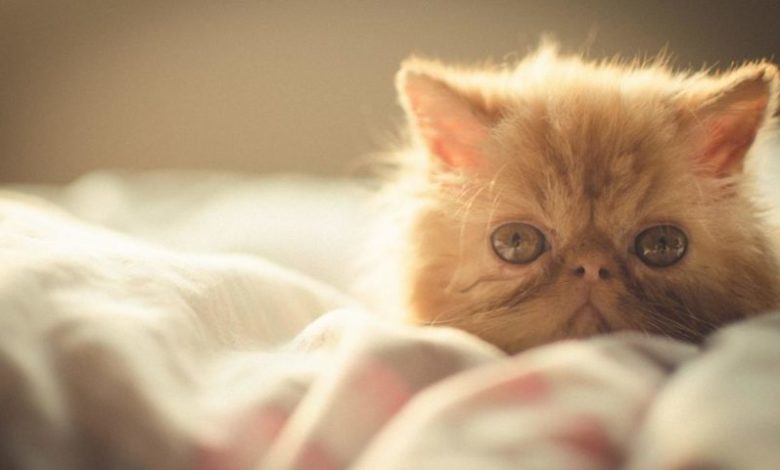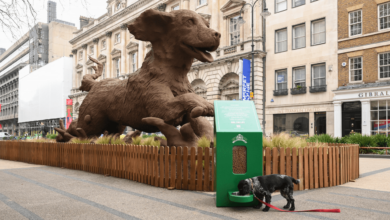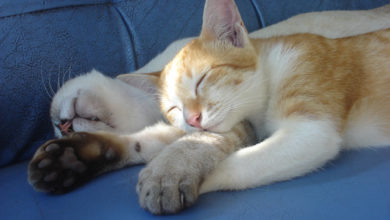BVA urges owners to avoid “suffering” pedigree cats

The British Veterinary Association (BVA) and International Cat Care are urging cat-lovers to avoid choosing pedigree breeds of cat designed to have extreme or unusual features, such as flat faces or folded ears due to the health problems they face.







